The 2026 Ultimate Guide to Becoming a Domestic Energy Assessor (DEA) in the UK
With the UK’s growing focus on sustainability and energy efficiency, the role of a Domestic Energy Assessor (DEA) has never been more important.
DEAs play a key part in helping homeowners, landlords, and organisations understand how efficiently their properties use energy, and how they can reduce both costs and carbon emissions.
If you’re exploring new career options and want something flexible, practical and relevant to the UK’s future housing needs, becoming a Domestic Energy Assessor might be a strong fit. This guide will walk you through everything you need to know about the job, from what a Domestic Energy Assessor does and the training required, to career prospects, costs, and how to get started with a trusted provider like Elmhurst Energy.
Whether you’re curious about how to qualify, what the work involves, or if it’s the right fit for you, this guide provides practical answers and expert insights to help you take your first step toward becoming a qualified Domestic Energy Assessor in the UK.
Is Becoming a Domestic Energy Assessor (DEA) the Right Career for You?
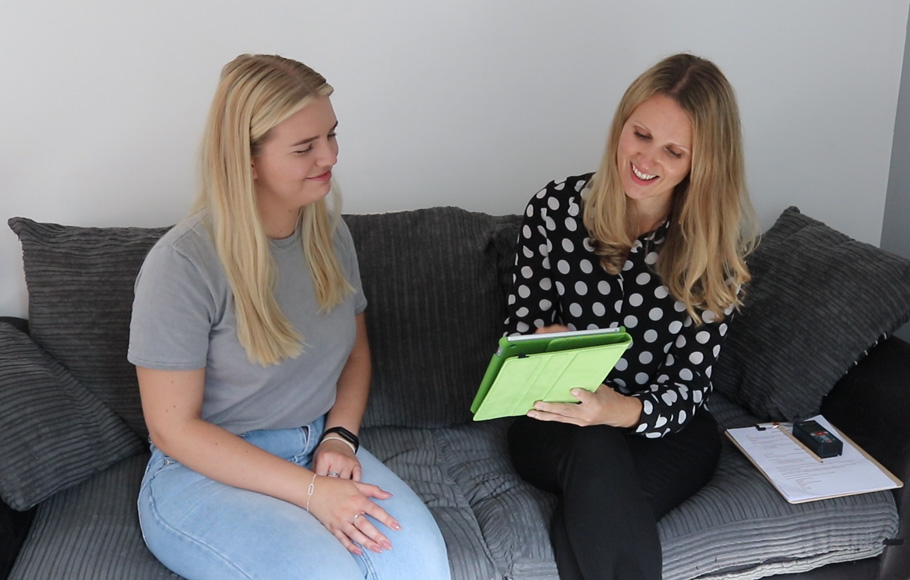
What is a Domestic Energy Assessor (DEA)?
A Domestic Energy Assessor (DEA) is a qualified and accredited professional who visits homes to assess how energy efficient they are and produces the property’s official Energy Performance Certificate (EPC). It’s a role built around thorough property inspections, clear reporting, and providing information that homeowners and landlords genuinely rely on.
But beyond the technical definition, a DEA is someone who carries out work that’s practical, structured, and in steady demand. The role suits people who like being out and about, who appreciate independence in their day, and who want a career where their work has a clear purpose: helping people understand the energy performance, and even take steps, to improve their homes.
Why Choose a DEA Career in 2026?
Becoming a Domestic Energy Assessor offers a flexible and rewarding way to work in the green energy sector at a time when demand for energy advice is rising. With increasing energy bills and more attention on the cost of living, homeowners and landlords are actively looking for guidance on how to reduce waste and improve comfort.
Key advantages of the career include:
-
Flexibility and freedom: Many DEAs choose self-employment and set their own schedule, while others prefer the stability of employed roles with consultancies, housing providers or property firms.
-
Work life balance: The role can be managed full time or part time, so it can fit around childcare, caring responsibilities or other work.
-
Varied working days: You spend time out on site in different properties, rather than being tied to a single workplace.
-
Meaningful impact: Each assessment helps someone understand their property’s energy performance and make informed decisions about improvements.
For anyone seeking purposeful work with real world results, a DEA career offers both long term stability and the chance to contribute to a more sustainable future.
Key Responsibilities of a DEA?
DEAs focus on evaluating how efficiently existing homes use energy. In practical terms, the role centres on four main responsibilities:
-
Assessing Homes
Visiting houses, bungalows and flats to complete on-site assessments. The assessment is visual and non-invasive, so you are inspecting and recording rather than drilling or carrying out any physical work. -
Collecting accurate property information
Careful data and evidence collection sits at the heart of a quality energy assessment. During each visit you will record key details such as the building’s age and construction, window types, heating systems, insulation and other important features. You will also collect supporting evidence, including photographs and simple floor plans. -
Producing Energy Performance Certificates (EPCs)
Entering your findings into approved software which will automatically calculate an energy efficiency rating and generate the EPC for the property. -
Explaining results and suggested improvements
Where needed, talking the property owner through the EPC in clear terms and highlighting the recommended measures that could help improve the energy performance of the property.
Your Step-by-Step Pathway to Becoming a Qualified UK DEA

Step 1: Understand the Entry Requirements
You don’t need previous experience in the energy or construction sector to train as a Domestic Energy Assessor. The entry requirements are straightforward:
- Be at least 18 years old
- Have a good standard of written and spoken English
- Be comfortable using a computer for training and EPC software
- Complete an approved DEA training course and the associated portfolio
- Join an accreditation scheme once qualified
Most people come to the role from completely different backgrounds. As long as you complete the training and meet the basic checks for accreditation, you can start working as a DEA.
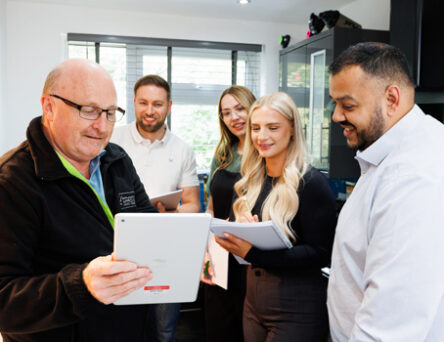
Step 2: Complete Your DEA Training Course
Once you have decided to move forward, the next step is to complete a recognised DEA training course. At Elmhurst, this course is designed to give you the core knowledge and practical understanding you need to start working towards qualification.
During the training you will learn how homes are constructed, what affects their energy performance, how to carry out a structured assessment, and how the information you collect is used to create an EPC. The course is taught with new entrants in mind, so you are guided through the process step by step rather than expected to know the technical detail in advance.
Elmhurst offers different ways to complete the training, so you can choose a format that suits your circumstances:
-
Remote online training
Attend real time sessions from home, with an experienced trainer taking you through the material and answering questions as you go. -
Classroom based training
Learn in person at a training venue, with the opportunity to work through examples face-to-face and ask questions in the room.
Whichever route you choose, the aim is the same. By the end of the course you should feel confident in the basic principles of domestic energy assessment and ready to move on to building your portfolio of evidence in the next step.
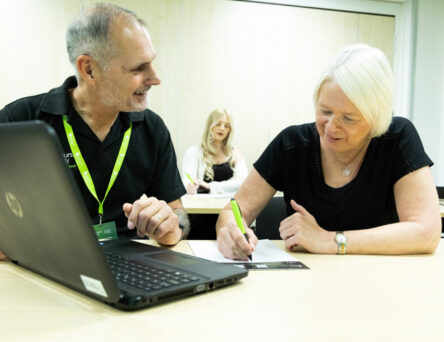
Step 3: Build Your Portfolio of Evidence
Once you have started your training, you will begin working on your portfolio of evidence. In many cases, parts of this are completed during the course itself, so you may already be well underway before the training even ends.
The portfolio is a structured collection of work that shows you can use your new skills in practice. It usually includes a mix of domestic energy assessments, smaller exercises and set reading. Together, these help you understand how to carry out assessments across different properties, record information accurately, use the software correctly and interpret the results.
You are not expected to get everything perfect straight away. This stage is designed to help you learn by doing, with guidance available if you are unsure about any part of the process.
Depending on the training route you choose, you may be close to completing your portfolio by the time the course finishes. Once it has been submitted and approved, you can move on to achieving your formal qualification.

Step 4: Achieve Your Level 3 Certificate in Domestic Energy Assessment
With your portfolio complete, the next step is to achieve your Level 3 Certificate in Domestic Energy Assessment. This qualification confirms that you have the knowledge and practical ability required to carry out domestic energy assessments to the national standard.
At this stage, your completed portfolio is submitted for formal assessment. An experienced assessor will review your work to check that you understand the assessment process, can collect and record information accurately, and can use the approved software correctly. If anything needs clarification or small adjustments, you will be given the opportunity to update your submission.
Once your portfolio is approved, you will be awarded the Level 3 Certificate. This is the recognised qualification needed to work as a Domestic Energy Assessor, and it allows you to take the final step of joining an accreditation scheme.
Achieving this certificate is a significant milestone. It marks the moment you are officially qualified and ready to begin working as a DEA.

Step 5: Join an Approved Accreditation Scheme (Elmhurst Energy)
Once you have achieved your Level 3 Certificate, the final step is to join an approved accreditation scheme. Accreditation is required for all practising Domestic Energy Assessors, as it ensures your assessments meet national standards and can be officially lodged as Energy Performance Certificates.
Elmhurst Energy is one of the UK’s leading accreditation schemes and is a common choice for newly qualified assessors. By joining, you gain access to the systems needed to lodge EPCs, along with ongoing technical support, audit guidance and updates to industry requirements.
Choosing the Right DEA Training Provider: Why Elmhurst Energy?
Elmhurst Energy’s Comprehensive Training Options
Elmhurst offers a range of training routes so you can choose the approach that fits your situation, learning style and pace. Whether you prefer learning in a classroom or the flexibility of online delivery, each option is designed to give you a clear and structured path into domestic energy assessment.
Unrivalled Support for Your Entire Career
Choosing Elmhurst means gaining more than a qualification. You join a provider that continues to support you long after your training ends.
As the UK’s largest government-approved EPC accreditation provider, Elmhurst has a vested interest in helping you succeed throughout your career. Their support includes clear technical guidance, access to resources, regular CPD opportunities and updates on industry changes.
If you need help at any stage, whether during training, while building your portfolio or after becoming accredited, you can expect friendly, expert assistance tailored to your needs. This ongoing commitment gives many new assessors the reassurance and stability they want when entering a new career.
Industry-Leading Software & Resources
Elmhurst provides access to some of the sector’s most widely used and trusted tools, giving you the advantage of working with systems used daily by practising assessors. From EPC lodgement platforms to technical documentation and practical guides, these resources help you build efficient, accurate working habits from the start.
A Trusted and Independent Community
When you train and accredit with Elmhurst, you become part of a well-established and independent community of energy professionals. This community includes thousands of assessors who share knowledge, experience and best practice.
For many people starting a new career, having access to a supportive network is invaluable. It offers reassurance, opportunities to learn from others and a sense of belonging in a respected, forward-thinking organisation. Elmhurst’s independence also means their focus remains firmly on supporting assessors and raising standards across the industry.
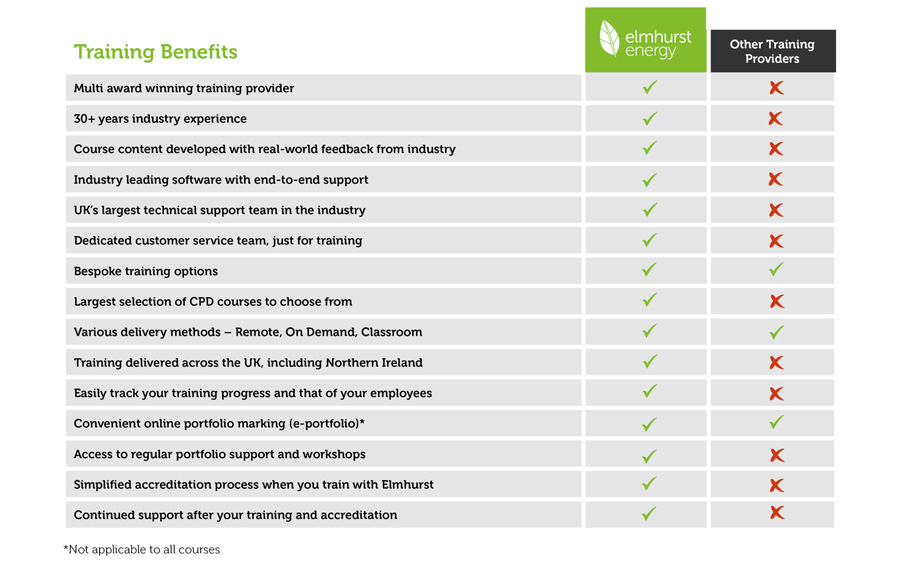
What to Expect: Costs, Timeframes, and Career Prospects
Typical Costs for DEA Training and Accreditation
When you are planning a career change, it helps to have a clear idea of what you will need to invest. With Elmhurst, becoming a Domestic Energy Assessor is relatively affordable compared with many other professional qualifications.
DEA training course costs
Elmhurst’s DEA training typically falls in the region of around £1,000 to £2,000 (excluding VAT), depending on the format you choose.
-
Remote/Online course
Usually at the lower end of this range. It is delivered remotely and is the more cost-effective option. However, you will normally complete a smaller portion of your portfolio during the course and finish more of it independently afterwards. -
Classroom course
Usually towards the upper end of the range. It includes in-person teaching and practical property visits. This option often takes you further towards completing your portfolio by the time the course finishes, which can save you time later.
Accreditation with Elmhurst
Once you are qualified, joining Elmhurst’s DEA accreditation scheme is free. There are no tiered membership levels to navigate. Accreditation gives you access to the systems you need to lodge EPCs and provides ongoing technical support.
Other likely costs
You may also want to budget for basic equipment such as a laser measure and suitable footwear, plus any travel costs if you choose classroom training or once you begin carrying out assessments.
Taken together, these costs give you a realistic picture of what it takes to get started, without years of study or very high fees.
How Long Does It Take to Become a DEA?
Most people can qualify as a Domestic Energy Assessor within a relatively short timeframe. The training course itself is typically completed over several consecutive days, either online or in a classroom. From there, the main variable is how quickly you complete your portfolio of evidence.
If you choose a classroom course, you may finish a significant portion of your portfolio during the training, which speeds up the process. With online training, you complete more of the portfolio independently, so the pace depends on your availability.
Once your portfolio is approved, joining an accreditation scheme is quick, meaning many learners move from starting their training to becoming fully accredited DEAs within a few weeks.
Earning Potential and Job Market Demand for DEAs in the UK
The National Careers Service suggests Domestic Energy Assessors in the UK typically earn around £18,000 at entry level, rising to around £35,000 or more with experience. Actual income depends on how you work: self-employed DEAs set their own rates and can increase earnings by completing more assessments, while employed roles usually offer a set salary and more predictable hours.
Demand for DEAs is steady across the UK, supported by the legal need for EPCs and growing concern about energy costs. Combined with the option to work flexibly or in a salaried position, this makes DEA work a realistic and adaptable career choice.
Expanding Your Expertise: Beyond DEA
Many DEAs choose to broaden their skills once they are established. Because domestic energy assessment provides a strong foundation in property energy performance, it can lead naturally into further qualifications.
Popular next steps include Retrofit Assessment, Non-Domestic Energy Assessment, and other roles within the wider energy efficiency and property sectors. Expanding your expertise can open the door to a wider variety of work and increase your earning potential over time.
For those looking for a long-term path in a growing industry, becoming a DEA is often the first step toward a broader, future-focused career.
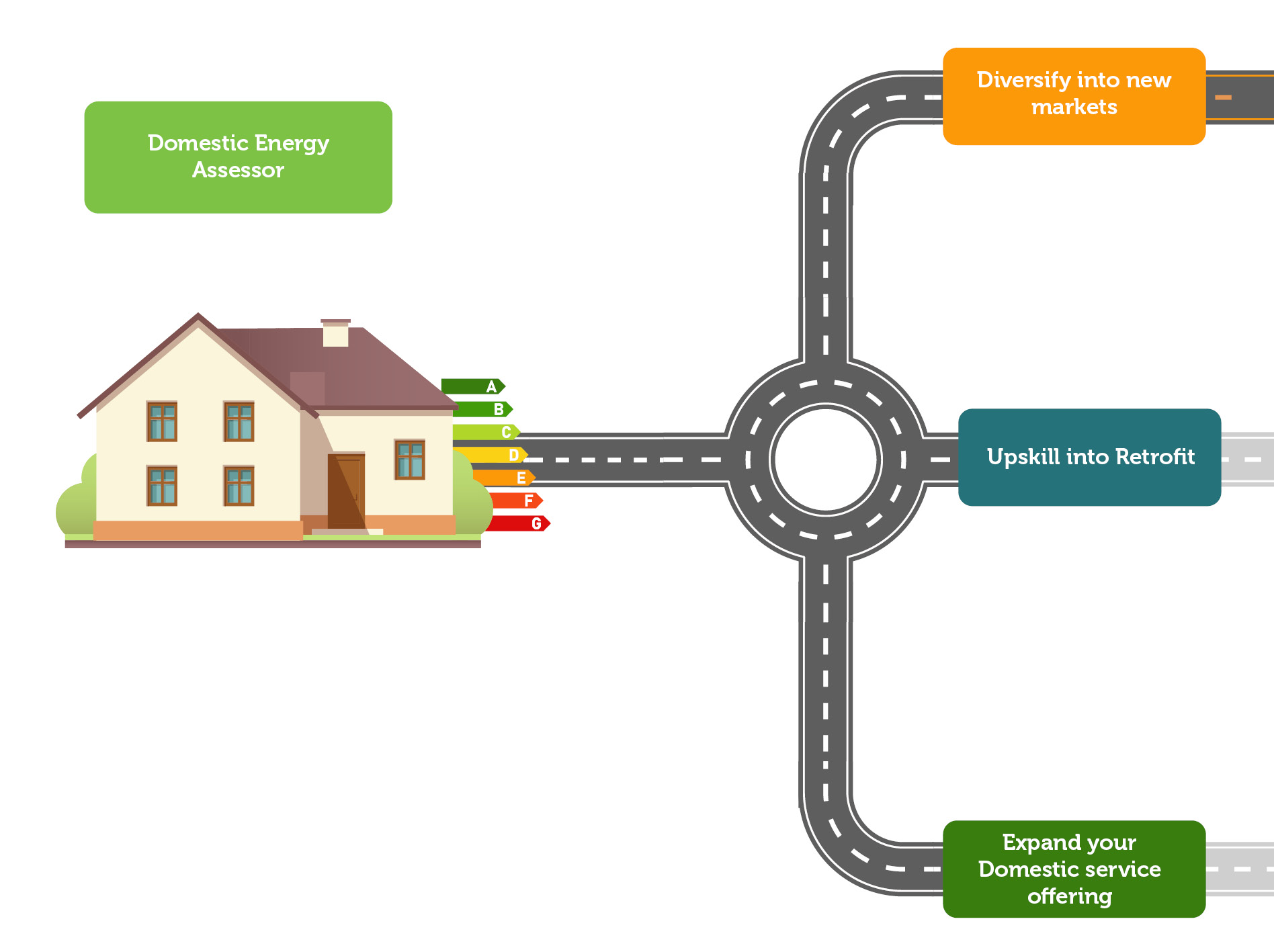
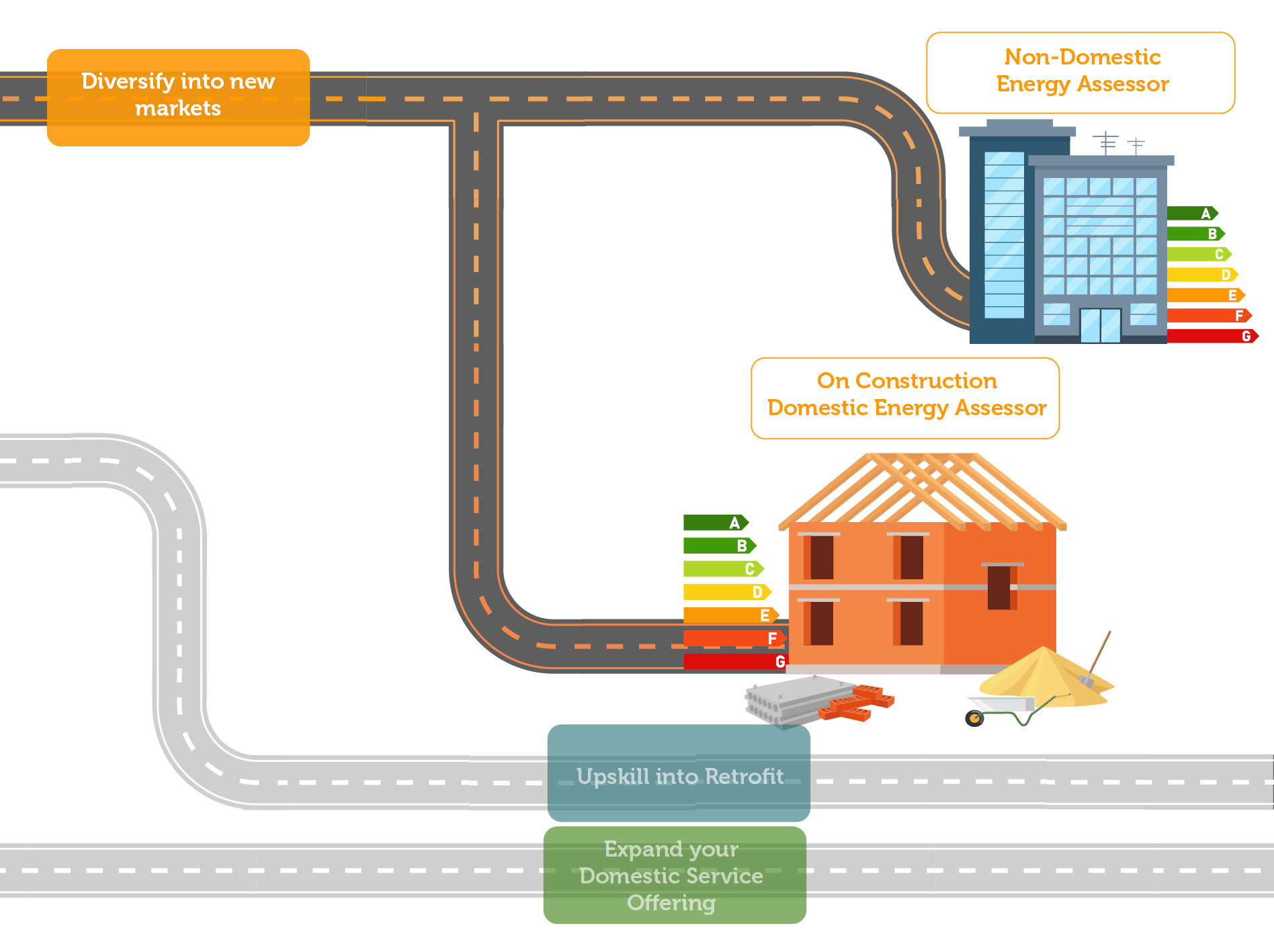
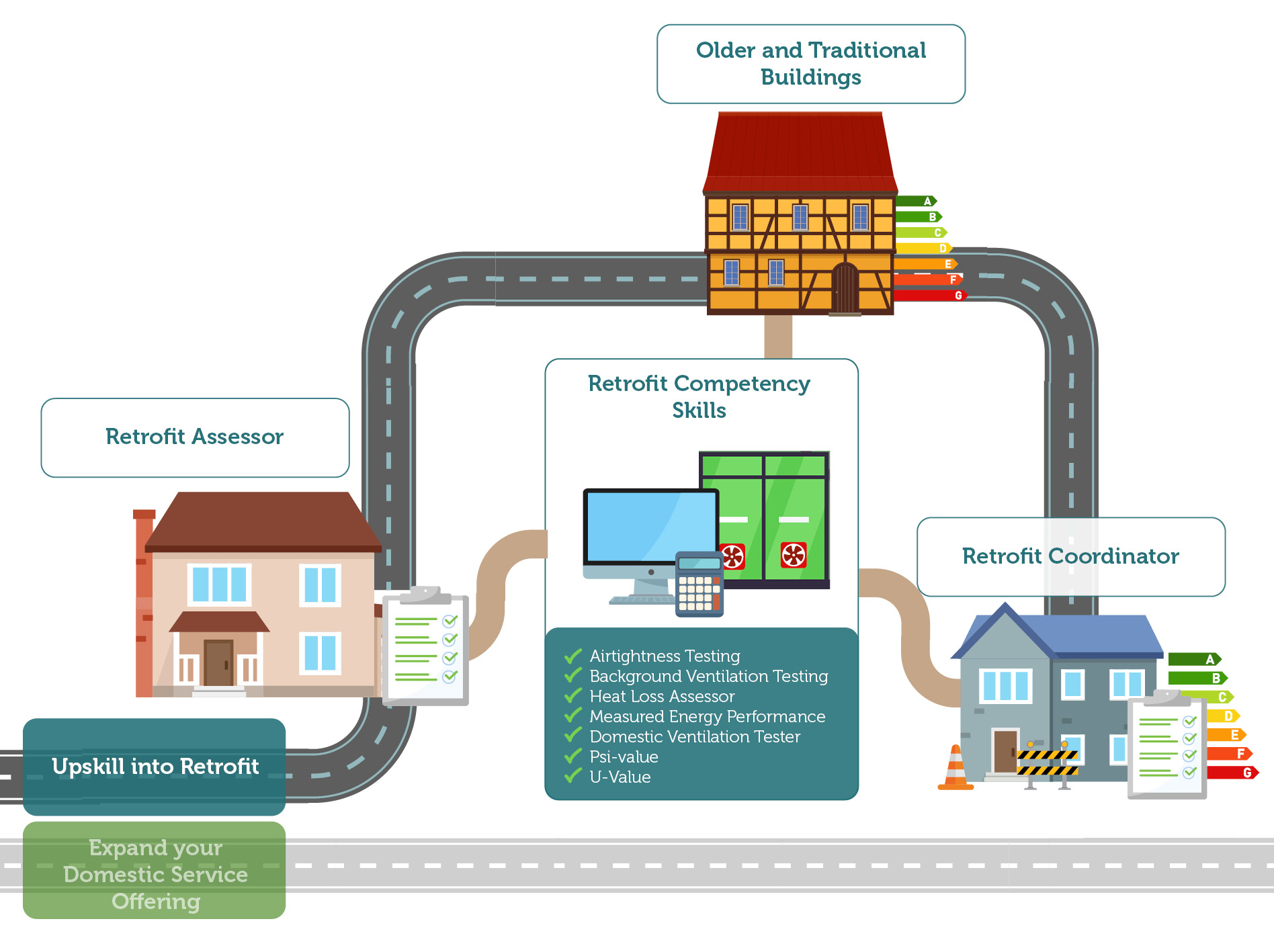
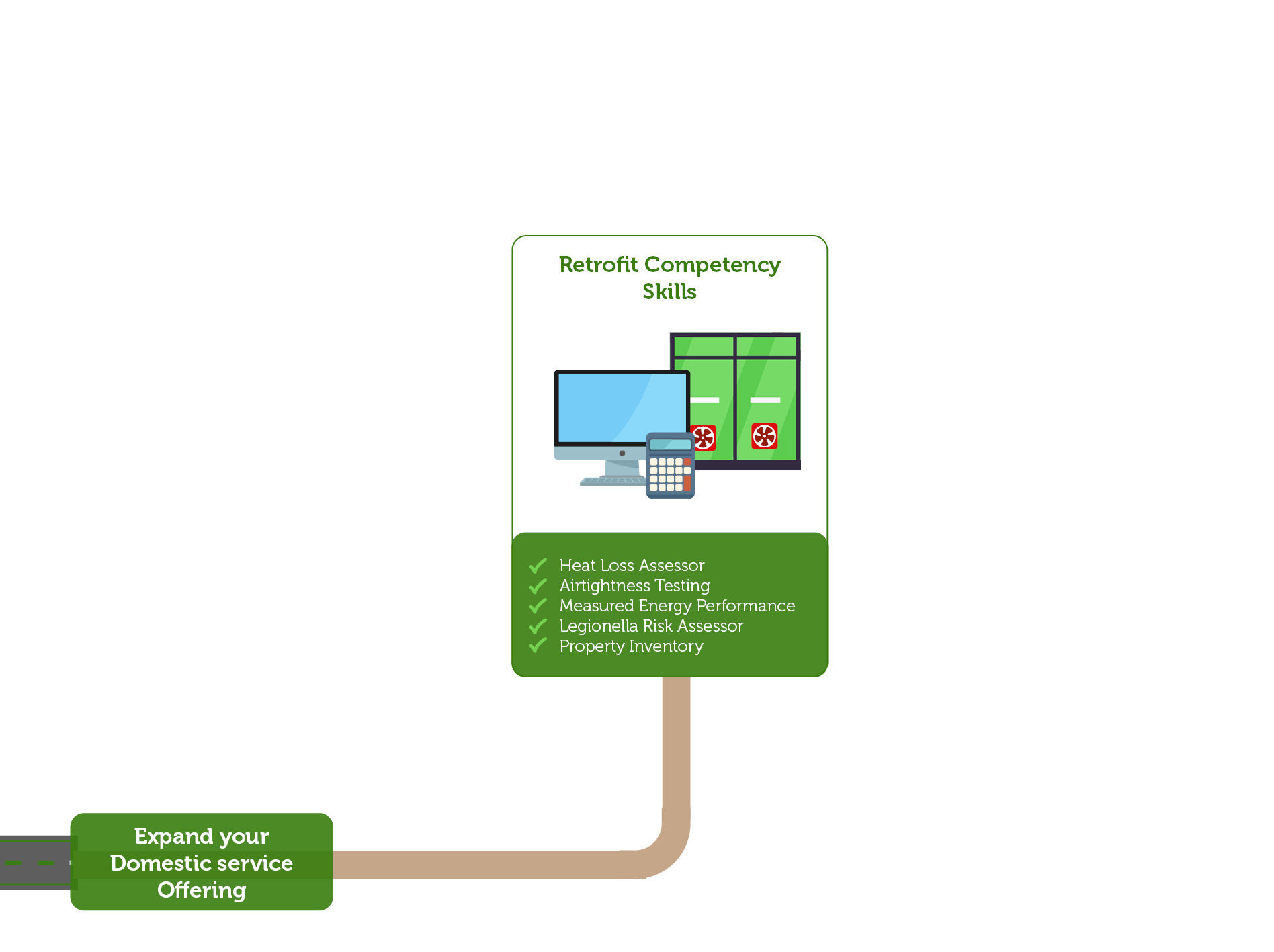
Frequently Asked Questions (FAQs) About Becoming a DEA
Entry-level DEAs typically earn around £18,000, with experienced assessors earning £35,000 or more. Self-employed DEAs can increase income by completing more assessments, while employed roles offer more predictable salaries and hours.
Most people can qualify within a few weeks. Training is completed over several consecutive days, and the main variable is how quickly you finish your portfolio of evidence. Accreditation is fast once your portfolio is approved.
No. There are no industry-specific entry requirements. You only need to be 18 or over, have good English skills, be comfortable using a computer, complete a recognised training course, and join an accreditation scheme.
A DEA assesses existing homes and produces Energy Performance Certificates (EPCs).
A Retrofit Assessor carries out more detailed, whole-house assessments as part of retrofit projects, using energy performance, condition and occupancy assessment information to support improvement plans. Many DEAs progress into retrofit roles once qualified.
Funding availability varies, but most DEA training is self-funded. Costs are relatively low compared with other qualifications, typically £1,000-£2,000. Some learners may access employer support or local training initiatives depending on region.
We would recommend contacting us to check if any funding is available for DEA Courses.
Elmhurst offers free government approved accreditation which includes technical support, EPC lodgement systems, industry updates, and regular CPD opportunities. More information can be found on our DEA Accreditation page.
Demand for DEAs remains strong, driven by legal EPC requirements and increasing focus on energy efficiency. The role offers long-term stability, flexible working options, and clear pathways into areas such as Retrofit Assessment, Non-Domestic EPCs, and wider energy consultancy roles.
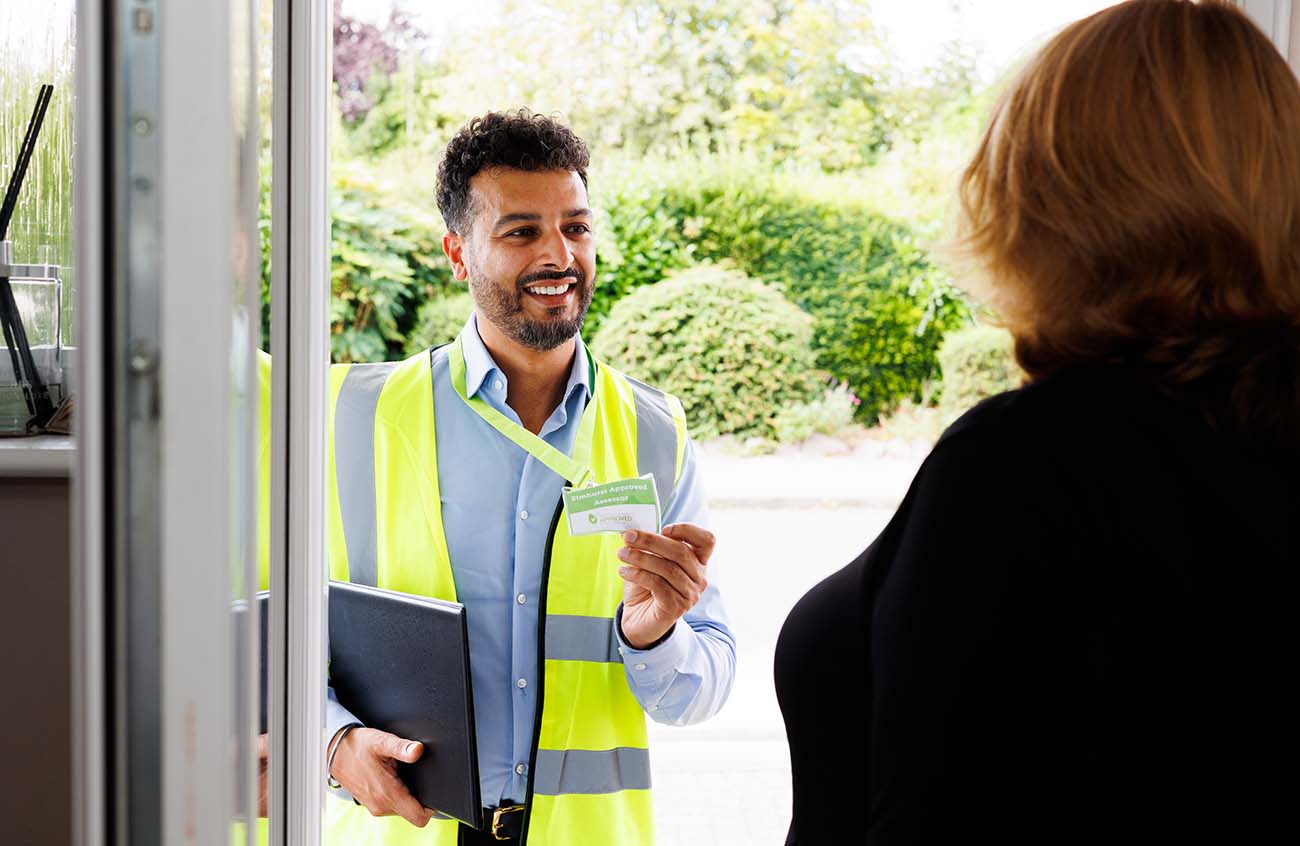
Start Your Career as a Domestic Energy Assessor
Begin your journey into the energy efficiency sector — book your training or speak to our team today.
BOOK A DEA COURSE TODAY MAKE AN ENQUIRY